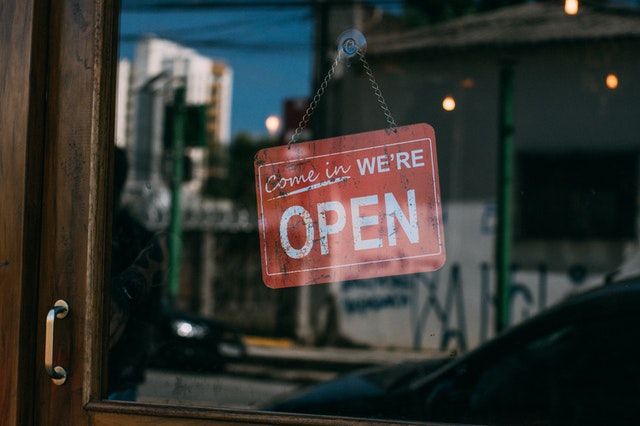Limited Liability Shield for Businesses and Hospitals is Necessary After COVID-19 Pandemic
Congress is debating whether to shield businesses from COVID-19 lawsuits as states are taking the first steps to reopen from quarantines. Discussions are focused on three areas:
Business groups argue that they require protection against lawsuits by customers or employees who accuse the business of being the source of their COVID-19 infection. The balancing act required involves giving businesses the confidence they need to reopen doors while also protecting workers and customers from unsafe practices that could lead to infection.
Recovering from COVID-19 Requires State or Federal Action
Most of the worker’s compensation is at the state level. State worker compensation systems will need to determine whether a COVID-19 infection is a workplace injury, and therefore available for state payouts, or whether they should proceed to civil court to sue the business directly.
 Congress could, in theory, enact federal legislation to supersede such laws as regulation of interstate commerce. However, economic activity has ground to a screening halt because individual states enacted shelter orders.
Congress could, in theory, enact federal legislation to supersede such laws as regulation of interstate commerce. However, economic activity has ground to a screening halt because individual states enacted shelter orders.
The economy is slow because people inside states are not shopping, working, or traveling. There is certainly an interstate commerce relationship: the virus originated overseas and essential supplies travel across state lines. The origin of the economic shutdown is state’s reaction to the virus instead of the virus itself.
Congress would likely have the most success if they offered a carrot instead of a stick. Congress can encourage states to create their own liability shields with stimulus money instead of attempting to impose a nationwide liability shield. Unfortunately, the response to the pandemic has become partisan. States should handle the economic fallout just as they handled the initial infection states of the crisis.
How Can We Protect Employee Privacy?
Businesses must consider whether to disclose that an employee has a COVID-19 infection. Most states bar the disclosure of health or medical issues. However, some businesses may feel it is essential to inform employees so that social distance can be properly maintained.
How Can We Prevent Employment Discrimination?
The COVID-19 pandemic may spark discrimination against Asians and elderly employees. The Civil Rights Act and the Age Discrimination Act still protect employees from being discriminated against or from being subject to a hostile work environment.
The Equal Employment Opportunity Commission (EEOC) has already informed employers that they can require COVID-19 tests for employees without violating the Americans with Disabilities Act. The tests must be accurate and reliable. Tests must also be job-related and consistent with business necessity.
Product Manufacturing
Product manufactures want protection from lawsuits for defective medical supplies such as face masks and ventilators. Businesses have had to rush production of medical supplies due to the emergency.
Businesses Will Face More Negligence Claims?
The biggest issue is that employees or customers may allege they were infected by COVID-19 while inside a business. Wal-Mart, Tyson, and various nursing homes around the country are already facing such suits. However, proving that employees or customers were infected at the business site may be difficult especially since the virus may take up to two weeks to manifest symptoms.
Moreover, many businesses should stay open during the quarantine to provide essential services. Grocery stores closing during quarantine would be detrimental to the community. Although total relief from liability is not feasible, partial immunity for essential businesses should not be out of the question if states want continued cooperation during the crisis.
Reasonable limitations may include:
- Essential Businesses Only: Non-essential businesses were expected to close and any non-essential businesses that remain open should bear the consequences for their actions. The definition of “essential” varies from state to state so it should be states that provide any liability shield on this basis.
- Quarantine Guidelines: only businesses that complied with state guidelines should be protected from lawsuits. Negligence claims can only prevail if there is a breach of a legal duty. If businesses comply with state guidelines, then arguably they have done all they can to prevent COVID-19 infections. Again, guidelines vary by state and so states will be in the best position to determine what is necessary for litigation protection.
- Before or During State Shelter Periods: The liability should only apply to the end of a state’s shelter in place order. Essential businesses must operate under a crisis but once such orders are lifted presumably the worst is over.
Do You Need the Help of a Personal Injury Attorney?
If you have sustained a personal injury through COVID-19, then you should contact a personal injury attorney. A personal injury lawyer near you can review the facts of your case, go over your rights and options, and represent you at hearings and in court.
If you are a business owner defending against a COVID-19 lawsuit, you will also need representation to fight potentially thousands or even millions of dollars in judgment.


Comments